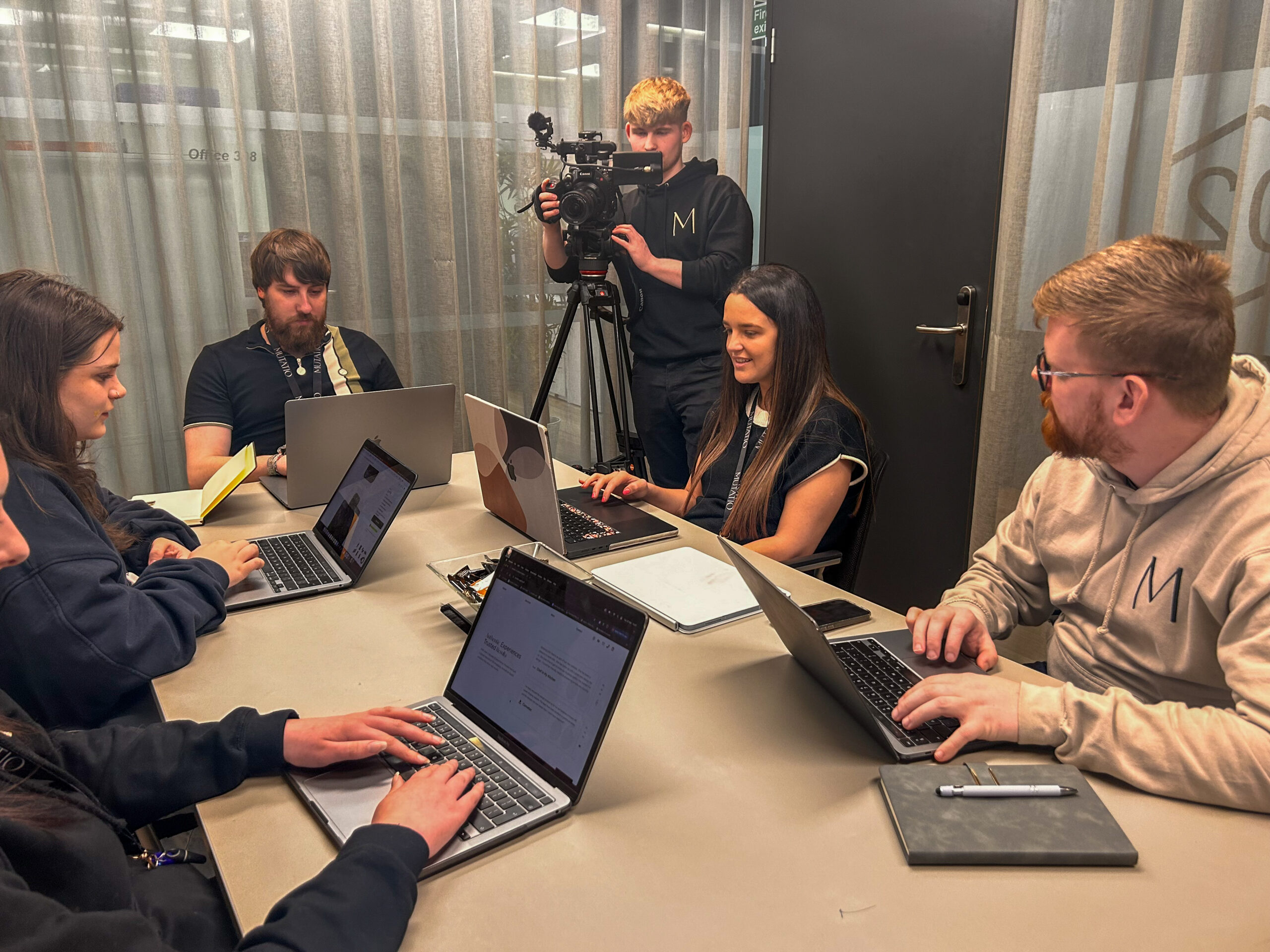
How To Improve Your Google Ranking
No matter how good your new website looks, you will not attract new customers or visitors if your website is not set up properly for SEO. In this blog, I will highlight some useful tips for on-page SEO to improve your Google rankings and website traffic for free!
To get the best out of your website and achieve higher Google search rankings, you should always consult with a professional SEO agency in Manchester like Blue Whale Media. We can create a free website audit for you with a no-obligation quote & proposal on your bespoke search engine optimisation campaign.
Page titles
The title tag is the big headline text you see in a Google search snippet on the search results page. It is important to ensure all your pages have a relevant and optimised page title for two reasons:
- A useful and engaging title will drive more clicks on the search results page.
- Google will use your title as a strong indicator as to what your page is actually about – ensure your title is relevant to the content.
Although there is no preset for the maximum length of a title, on average Google will only display up to the first 60 characters of your title – so it’s important to keep your titles short and snappy so searchers can read everything you’re trying to get across within the title.
Keywords
Optimising for SEO by including keywords is an age old tactic which has been refined over the years as the Google Search algorithms continue to evolve. Back in the day, keyword optimisation was simply shoving your chosen keyword into the content as much as possible, resulting in some pretty poor content that wasn’t very readable or useful to the user. Today, if you try that you’ll see your website actually fall in the rankings for keyword stuffing. Optimising content with keywords is no longer about finding a keyword density, but rather about optimising for topical relevance. For example, if you were to write a blog about a PC computer you’re bound to naturally include related keywords such as Windows/Microsoft, graphics card, RAM, CPU, Intel, NVIDIA etc. Google will then recognise that your content is highly relevant to PC computers because it mentions so many relevant topics and subtopics, even if your content only mentions “PC Computer” once.
You can read more about keyword optimisation in 2021 with my other blog: just click here.
ALT Tags
An ALT tag is a HTML attribute used within img tags. The purpose of an ALT tag is to serve as a descriptive text to describe what an image is both to users and search engines. If an image fails to load on the browser for whatever reason, the image alt tag will be shown instead so a user can see what the image was supposed to show. For search engines, a bot cannot truly understand what an image is or how it relates to the content, so it will trust the alt tag to describe the image.
Sitemaps
A sitemap is an XML file hosted on your website which displays links to all the pages, products, categories etc on your website. This is a sure-fire way of allowing Google to discover, crawl and index everything on your website. For Google to discover a page, it needs to be linked from another page that Google knows about – to automate this process, webmasters can use sitemaps which will be populated with a link to every page on the website. If you have a WordPress website, there are plenty of plugins which will automatically create and populate sitemaps for you.
Mobile-Friendly
As of 2021, over half of online traffic is from a mobile device. If your website is not mobile friendly or responsive, you’re going to be facing major problems. Firstly, you’re alienating a massive amount of users by giving them a bad experience on your website. Secondly, you’re going to make it very hard to rank well in the search results as mobile-friendly is actually a ranking factor in Google and has been since 2015 – in an update dubbed Mobilegeddon.
URL Structure
URL structure is an important but often overlooked optimisation for websites. The URL for your pages should always be correctly categorised, not too long and relevant to the content. For example, if you have a look at own website we have multiple service pages for different locations. For these pages, we have a formatted URL structure:
/location/service-page/
A live example would be:
https://www.bluewhalemedia.co.uk/london/web-design-london/
As you can see, this URL is categorised by the location (London) and the specific page URL itself is relevant to the page’s content (web design in London.)
Following a good URL structure is great for user experience and can also help search engine crawlers to better understand your new pages.
Backlinks
Backlinks are one of the most important factors for ranking a website on Google. A backlink is seen as a vote of confidence, or a recommendation, by a 3rd party website. If a website has a lot of good votes, then Google will trust the website and rank it high for keywords.
In the world of SEO, webmasters understand the power of backlinks and they will very commonly charge you money if you are looking to get a backlink from another website. The best way to achieve free backlinks is by creating amazingly useful and insightful content which people would want to share organically – ie without having to be paid to share it. An example of this can be a brand new infographic, which many people in your industry may be interested in using and sharing on their own websites, social medias etc and will include a link back to your original work.




